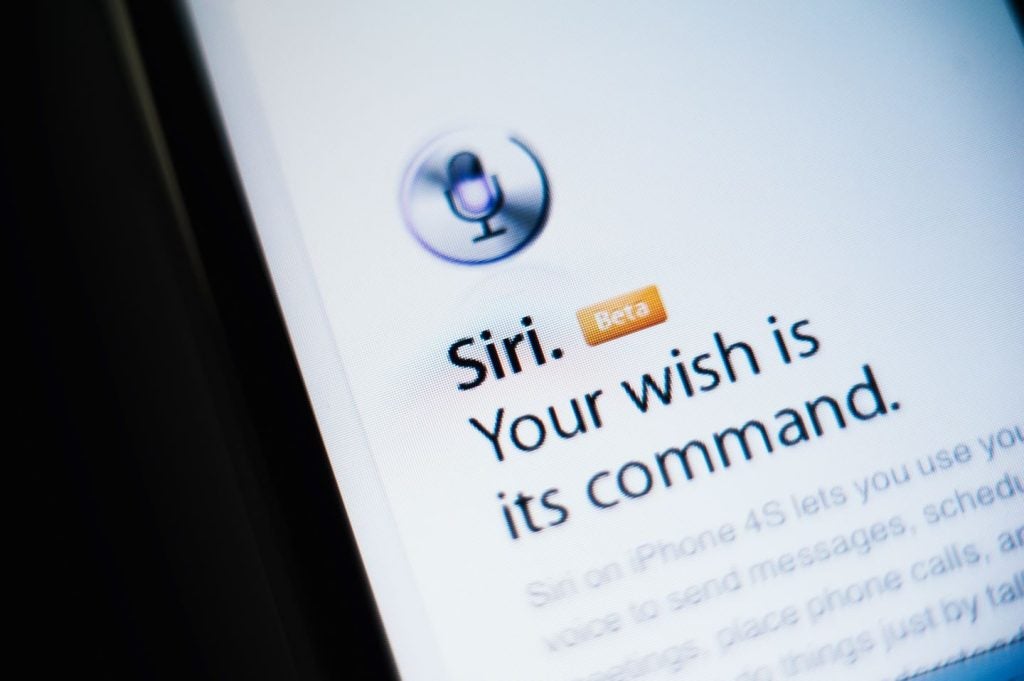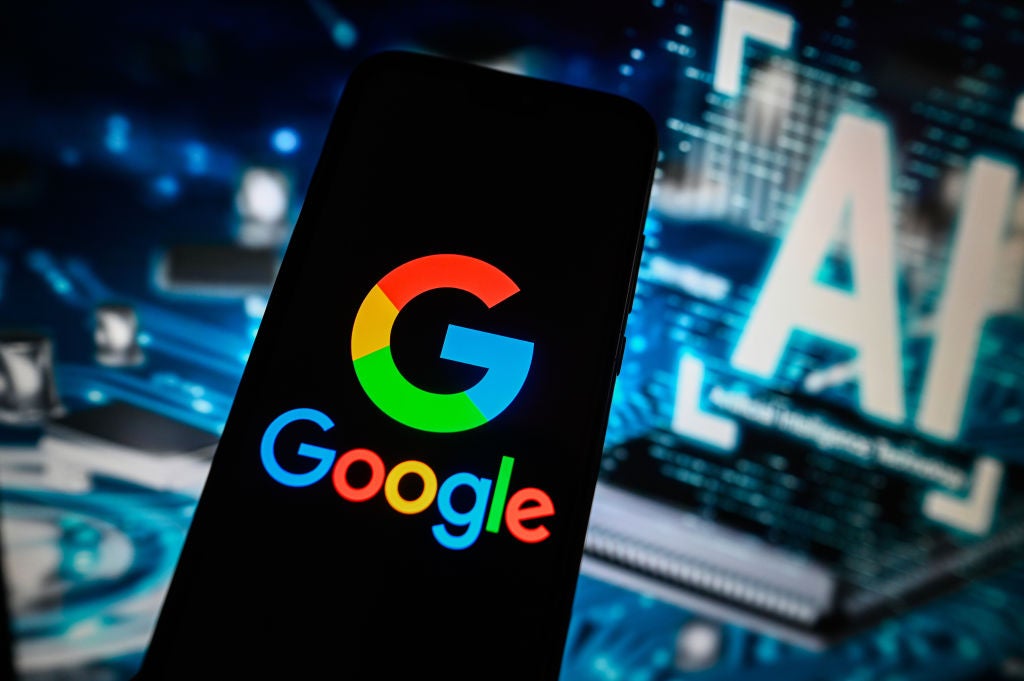
Fears that civil unrest will continue to spark following the Covid-19 pandemic are supported by evidence from history, according to new research.
In a paper published in the journal Peace Economics, Peace Science and Public Policy, Professor Massimo Morelli and Roberto Censolo explored protests and civil unrest surrounding 57 historic epidemic episodes, spanning from the Black Death, which happened between 1346 and 1353, up to the Spanish Flu, which occurred between 1919 and 1920.
They found that while the status quo tended to be maintained during an epidemic, once it was resolved there was typically a sharp upswing in unrest and social instability, suggesting a similar situation may occur once the Covid-19 pandemic ends.
“The social and psychological unrest arising from the epidemic tends to crowd-out the conflicts of the pre-epidemic period, but, at the same time it constitutes the fertile ground on which global protest may return more aggressively once the epidemic is over,” said Morelli, a professor of political science at Bocconi University.
Of course, the Covid-19 pandemic has not been without civil unrest, particularly the Black Lives Matter protests and ongoing unrest in the US. However, the research indicates that there may be more global unrest of a more severe nature once it is over.
Civil unrest following pandemic: Frictions flare
The researchers also that civil unrest occurred following a pandemic or epidemic due to seeds sown during its occurrence.
How well do you really know your competitors?
Access the most comprehensive Company Profiles on the market, powered by GlobalData. Save hours of research. Gain competitive edge.

Thank you!
Your download email will arrive shortly
Not ready to buy yet? Download a free sample
We are confident about the unique quality of our Company Profiles. However, we want you to make the most beneficial decision for your business, so we offer a free sample that you can download by submitting the below form
By GlobalData“Overall, the historical evidence shows that the epidemics display a potential disarranging effect on civil society along three dimensions,” said Morelli and Censolo, from the University of Ferrara.
“First, the policy measures tend to conflict with the interest of people, generating a dangerous friction between society and institutions.
“Second, to the extent that an epidemic impacts differently on society in terms of mortality and economic welfare, it may exacerbate inequality.
“Third, the psychological shock can induce irrational narratives on the causes and the spread of the disease, which may result in social or racial discrimination and even xenophobia.”
Read more: Brittany Kaiser: Contact tracing is being used by police to identify protesters





